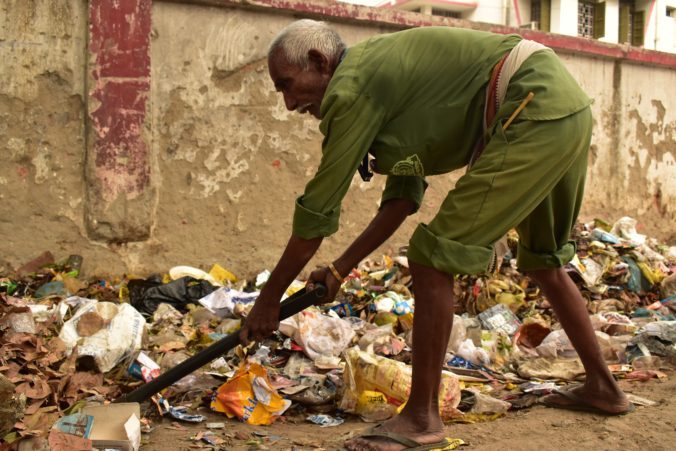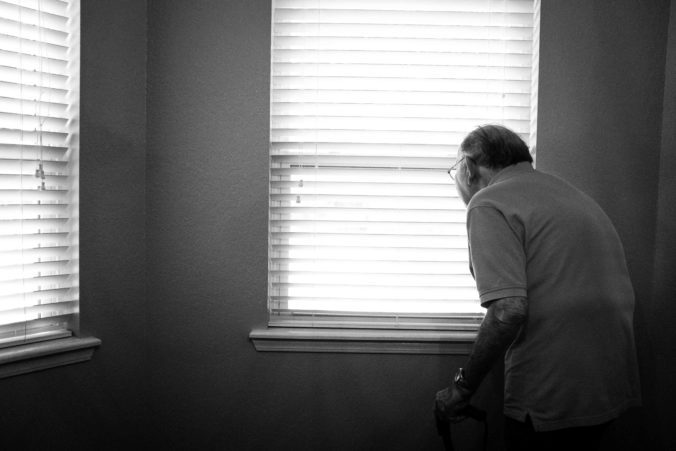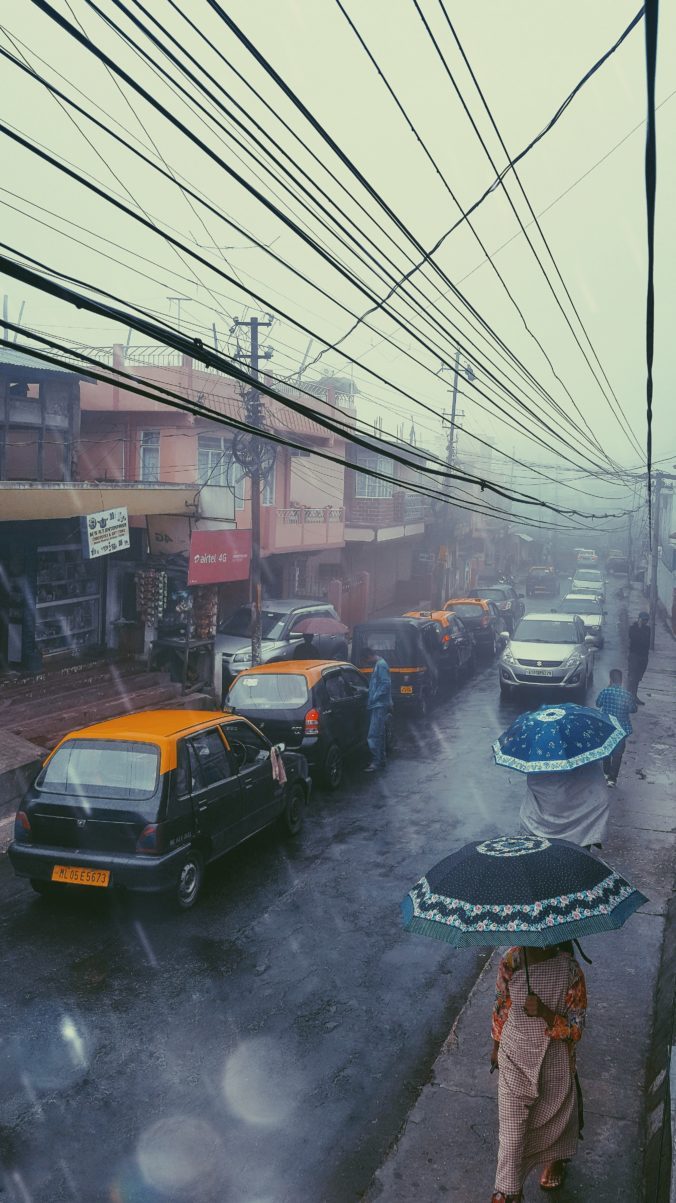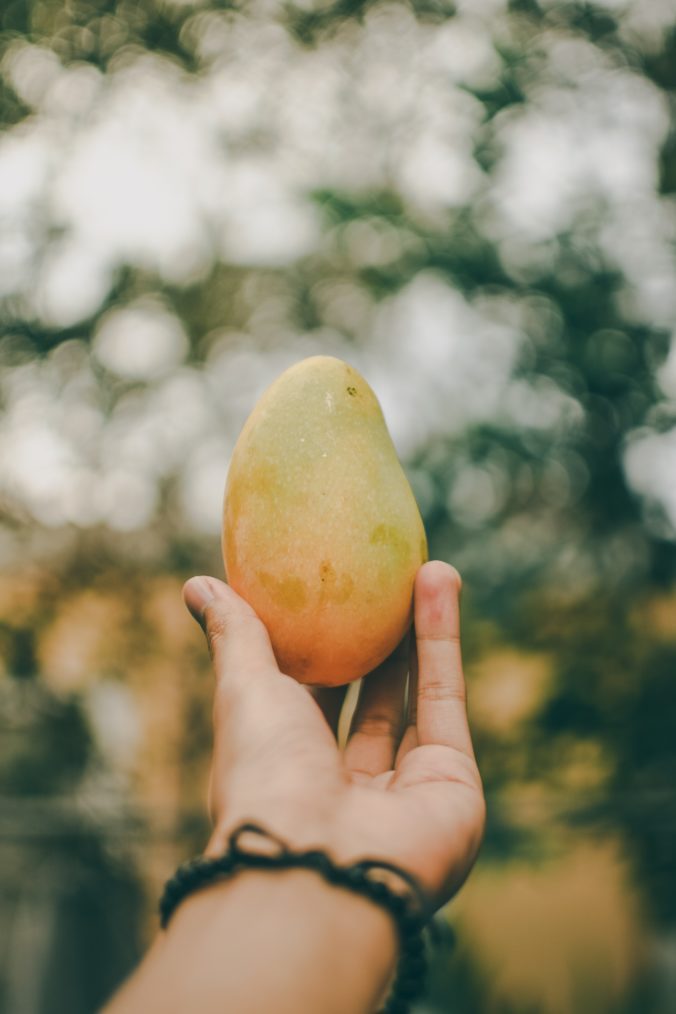There’s a mountain that has been growing steadily over the years in the outskirts of the city. Marooned in a corner beyond sight, this is where all of the city’s discarded things live. Welcome to the city’s ever-rising landfill, where unwanted people rummage through the unwanted refuse of a million people to make ends meet.
This burgeoning arena, is the pit stop on the journey of garbage, en route the mystical place called ‘away’ where we assume we throw our waste. The stench is unbearable, yet, should you ask a rag picker if it bothered her, she’d ask,
‘What stench?’
People have lived their entire lives here, picking and sorting waste. One among these indistinguishable many is Fareed. He celebrated his 60th birthday a month ago, and there were pastries to go with the celebration. After 5 decades of living in the rubble, he knew where exactly to find what. Finding the place where the garbage from the bakeries was dumped was a piece of cake for him.
He still had a few childhood friends in the dump-site. Most were the lucky ones who hadn’t succumbed to occupational hazards over the years. Many of his friends had while working at the landfill. His father died when a dump-truck accidentally buried him under a pile of garbage, muffling his screams forever. A woman he’d fallen in love with got poisoned by lead at the site. He still remembers her blue face, her lifeless eyes, when they took her away for cremation. It all felt like yesterday. But between yesterday and today, he’d lived his entire noxious life.
He loved to talk. Being one of the seniors at the site, he’d often find a huddle of young rag pickers around who’d plead for stories from ‘back in the day’. He didn’t complain of the sporadic bouts of attention he’d get in an otherwise punishing life.
Often, he would be heard saying his signature quote to youngsters,
‘Remember, half of the waste that comes here is still good. It’s usable. Yet under the weight of this labyrinthine landfill, even a good piece of ripe fruit starts to emit a foul odour.
Half of every person’s heart is good too, yet in this damned place, if it starts to rot, you should learn to forgive him and save the part that’s still good.’
The people found his unlettered wisdom and undeniable honesty endearing. Despite the resignation to fate, he still worked with pride, for he worked hard to earn a dignified living.
But in his quieter moments, away from it all, he still latched on to the hope of finding a treasure chest buried in the mound, a ticket to retirement.
Who can stop a man from dreaming?
Two days before, on a typical day at work, he had climbed up to the corner of a narrow stretch of the peak. On either side lay steep valleys that led deep into the whirlpool of waste. He sat down on an old computer monitor with his plastic bag of collected waste and took a good look around the place.
Generations of scavengers flew in circles over the landfill, as if waiting patiently for him to die. Flies preferred to perch on putrefying organic matter nearby, sparing him the discomfort. His mismatched shoes oozed gunk. For as far as he could see, it looked like a museum of the failure of civilization.
He narrowed down his vision and looked around to find anything he could sell for a good value. Magnets from speakers, metals, IC chips…
Scanning in this way, his eyes fell on a shapely hand jutting out of the mass. An eagle let out a shrill scream as if expressing Fareed’s horror. Amid the disgusting pile of garbage, the hand of a beautiful woman buried in the rubble only added to the wretchedness of the surroundings.
‘Who could she be? A victim of a drug war? A pregnant teenager? A trafficked girl from the village?’ he wondered.
Gingerly, he stepped closer. He saw a gem-studded golden ring on one of the fingers.
His eyes lit up. It was mid-afternoon and there wasn’t anyone around. He knelt and pulled the ring out of her finger. Her hands were cold as an ice-cream cup.
He quickly pocketed the ring. He looked around again. There wasn’t anyone within sight.
He thought,
‘Maybe she’s wearing a necklace too. Perhaps this is the jackpot I’ve been working towards all my life.’
In his mind, he had already pictured himself in a tuxedo, away from a lifetime of filth.
He held that cold-lifeless hand buried in the garbage and tugged on to it. He pulled as if his life depended on it. But the weight of garbage doesn’t even let the living people loose, what fate did the dead have?
Amid his desperate act of pulling with all his might, he managed to loosen the body out of the rubble. Suddenly, the garbage under his feet loosened out and he fell back and rolled down into the valley, still with the dead woman’s body in his hands. Both bodies fell as lovers in a romantic movie, deeply attached despite the illegitimacy of their bond.
And then there was suffocating darkness.
Hours later, Fareed woke up to such blinding whiteness that for a moment, he felt he’d died and reached heaven.
As his eyes adjusted to the lights in the hospital room, he saw the face of Sabi, a young rag picker who’d been working nearby when he fell.
He tried to speak but he found himself unable to. His head felt heavy from all the bandages. He blinked constantly.
Sabi wore a crescent smile on her face and said something, but Fareed couldn’t hear her.
On Sabi’s right arm, he saw a small bandage. Sabi pointed her eyes towards the pouch of blood hanging high on the right side of the bed. In moments, Fareed realised that he was being administered Sabi’s blood.
Old Fareed felt a sickness inside. He found a rotten part of him that had become selfish merely with the thought of a possible escape from his life at the landfill.
But he remembered his own quote that he would share with young rag pickers often –
‘….Half of every person’s heart is good too, yet in this damned place, if it starts to rot, you should learn to forgive him and save the part that’s still good.’
Somewhere between deep sighs, he found the heart to forgive himself for that lustful moment of pure selfishness.
With great difficulty, he moved a bit and felt the left pocket of his pants. The ring was still there.
He peeped into Sabi’s eyes as if asking for forgiveness.
Fareed pledged himself to give the ring in his pocket to Sabi.
He smiled. Sabi did too and held Fareed’s hand gently.
Sabi’s hand felt as warm as life.
Fareed remembered that the last thing he had held before his downfall, was a cold, lifeless hand.
Deep inside, he felt recuperated.
Little did Fareed know that the ring in his pocket was a cheap piece of imitation jewellery. He also didn’t know he had fallen from the top of the garbage pile, holding the hand of a mannequin.
But, in Fareed’s story, a fake gem and an ever-lifeless body, helped him find the jewel in his own heart, the gem of a person Sabi was, and, in some way the good part of in both their souls, that was still worth saving.









